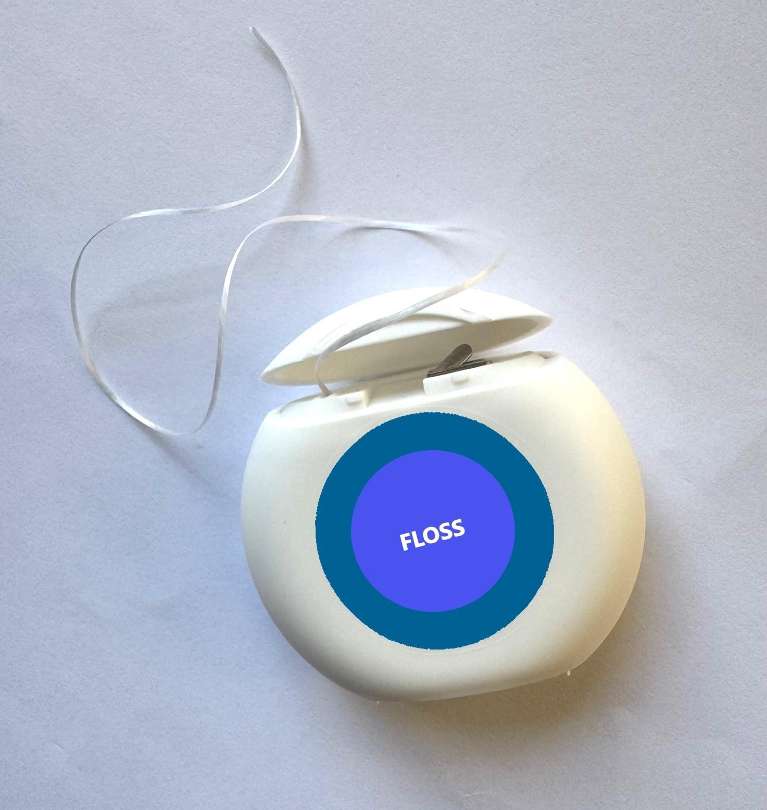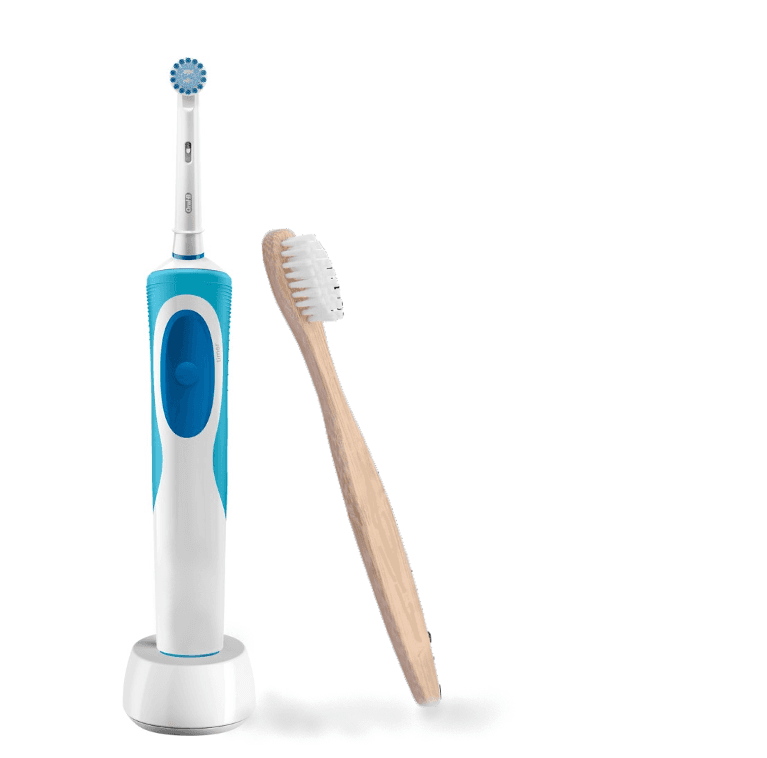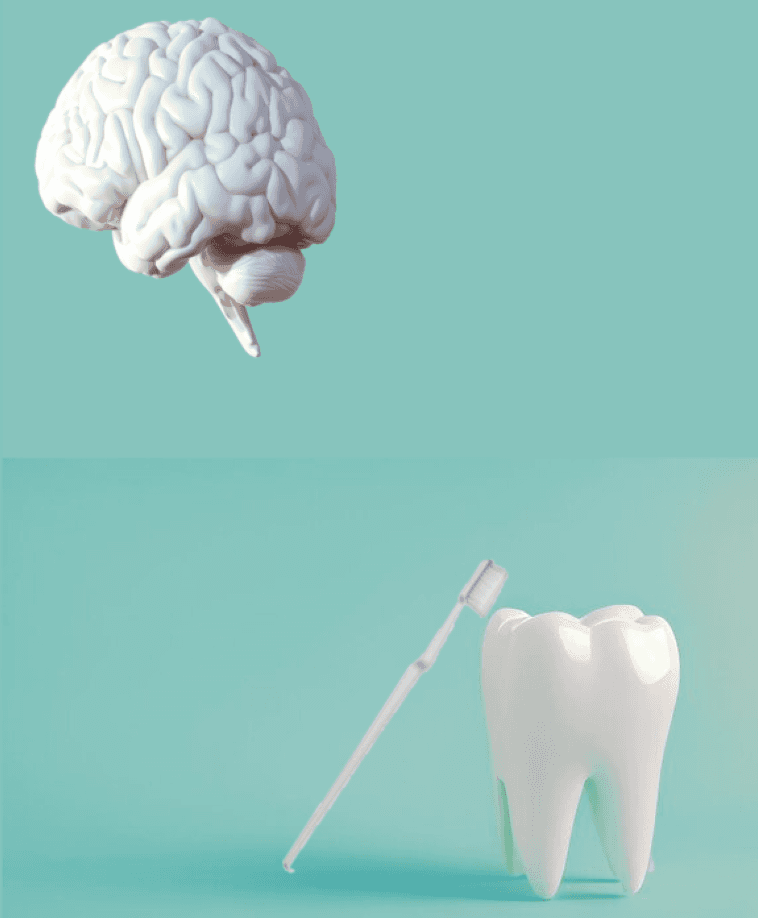A healthy mouth means healthy, decay-free teeth but also means healthy gums. Gum health is just as important for overall health as healthy teeth.
Bleeding gums can indicate gum disease
Gum disease is the most common disease after dental decay. Gum disease is caused by inflammation of the gums. Inflammation can range from mild to more severe. When inflammation is mild, gum disease is painless but a common sign is bleeding of the gums during brushing. This milder form of gum disease is known as gingivitis.
The cause of inflammation and hence of gum disease, is bacterial build up around the gum line. Bacteria are always present in the oral cavity and is mostly found in plaque. Plaque is debris from food on which bacteria feed and grow. If plaque is allowed to build up heavily around the teeth, it can harden into a substance called calculus or tartar. The bacteria in plaque and tartar cause inflammation of the gums and hence gum disease.

calculus and plaque on teeth causing gingivitis
Chronic, long-lasting gum inflammation can however lead to recession of the gums where the gum tissue shrinks down and away from the teeth and the bone around the teeth also
recedes. If this continues unabated, the roots of the teeth can become exposed and the teeth can even become loose. This more severe form of gum disease is known as periodontitis. The loss of bone around the teeth that occurs in periodontitis is irreversible.

receded gums around teeth as a result of periodontitis
Prevention and treatment of Gum Disease
To prevent gum disease, plaque must be kept to a minimal level to prevent the level and type of bacteria to develop into a more virulent and disease-causing state. Hence, good oral hygiene is key to preventing gum disease. Good oral hygiene at home is essential. Twice daily brushing with a soft toothbrush, following the gum margins, is recommended. Flossing daily or using interdental brushes is also recommended to make sure plaque in removed from between teeth. Regular professional cleans at the dentist are also recommended.
At the Melbourne Smile Clinic, your gum health is carefully assessed and monitored.
If mild gum disease (gingivitis) is detected, standard cleaning can be carried out. A thorough scaling of your teeth ensures that plaque and calculus are removed. Your level of oral hygiene is monitored and recommendations are given as to how to improve your home care. If the gum disease is not advanced, the frequency of professional cleaning can be every 6-12 months depending on the level of home hygiene.
In cases of periodontitis, the type of cleaning required is more extensive and would sometimes require local anaesthesia to be administered. This is known as periodontal debridement. Periodontitis requires long-term monitoring and maintenance to ensure that the disease is arrested. Periodontal debridement might be required at 3-4 monthly intervals initially if the disease is severe. Radiographs are sometimes necessary in order to assess the status and progress of periodontal disease. In very advanced cases, it might be preferable to refer to a periodontist who specialises in the treatment of severe gum disease. In addition, home care has to be assessed and monitored to make sure that the periodontal disease is kept under control.
Gum disease is further exacerbated by tobacco smoking, and poorly controlled diabetes.
It is recommended you speak to you GP to address these issues.









